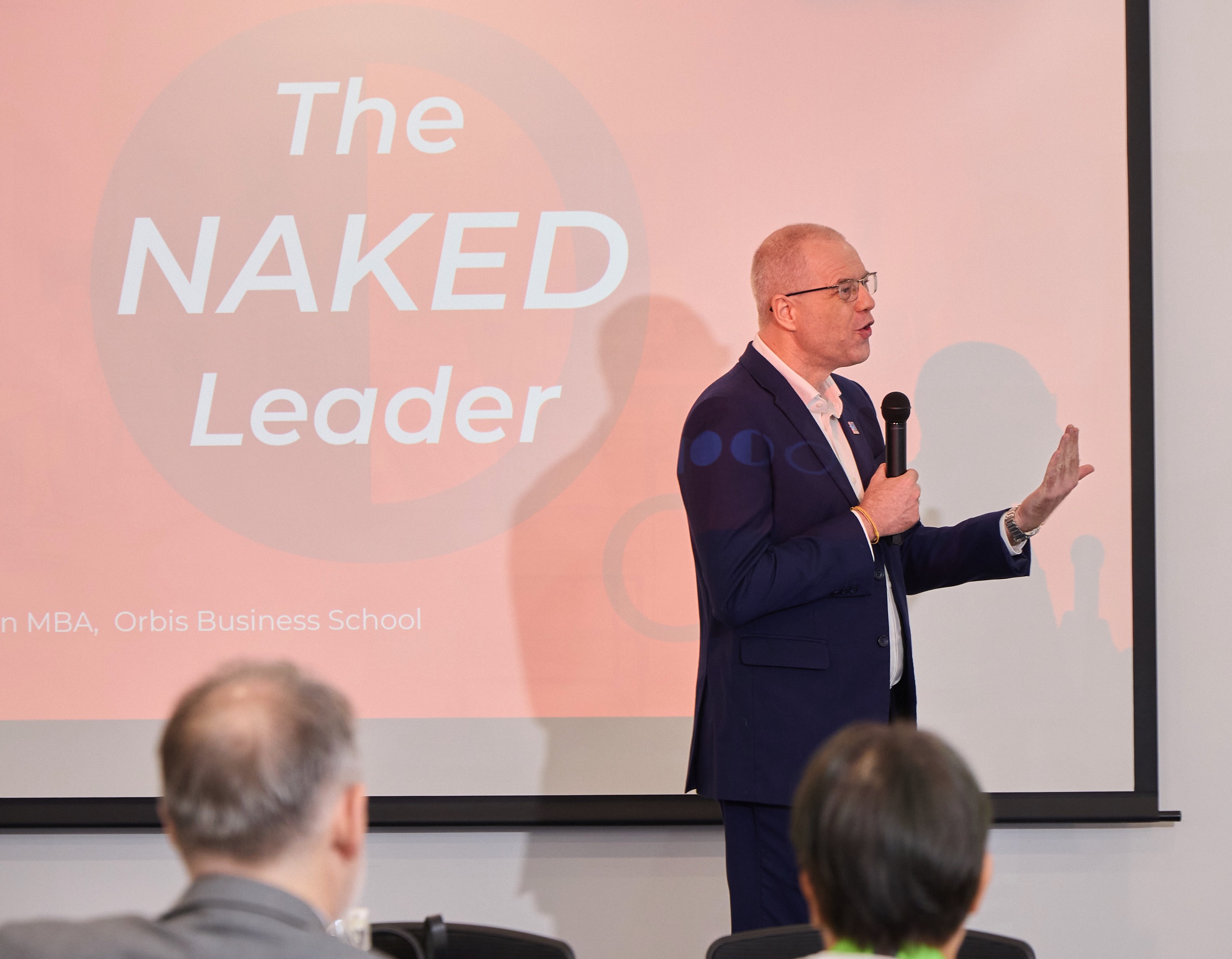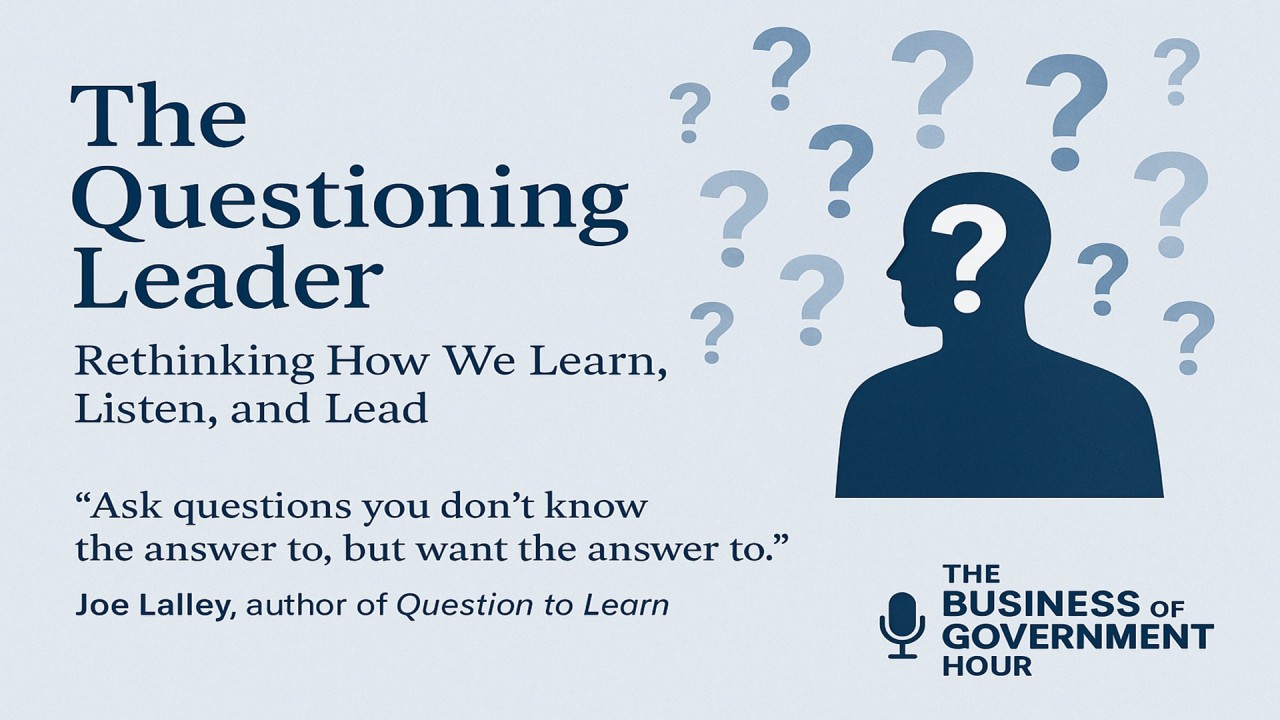Feb10

You receive an email from your CEO, referencing a private joke from last week’s team lunch and asking you to review a contract. Except it’s not your CEO—it’s a hacker using AI. Welcome to phishing’s terrifying new era.
How AI Weaponizes Your Digital Footprint
Today’s phishing emails aren’t the clunky “Nigerian prince” scams of yore. AI tools now analyze your:
By scraping public data, hackers craft emails mimicking colleagues, banks, or even family members—complete with perfect grammar and insider details. One healthcare firm found 92% of recent phishing attempts used AI-generated personalization, up from 11% in 2022.
The Industry’s Uncomfortable Truth
While tech giants tout AI ethics, open-source tools like ChatGPT-4 and WormGPT (a hacker-fine-tuned LLM) are exploited daily. A recent experiment showed AI could create 100+ unique phishing drafts in 15 minutes—indistinguishable from human writing.
Are We Building the Bullets for Our Own Gun?
The irony? The same algorithms that power fraud detection and customer service are being reverse-engineered by criminals. This raises urgent questions:
Fighting Back: A Survival Guide
The Bottom Line
AI isn’t inherently good or evil—it’s a mirror reflecting our choices. As we marvel at its potential, we must ask: Are we building safeguards as quickly as we’re building tools? The answer will define cybersecurity’s next decade.
Keywords: Cybersecurity, Security, National Security
 Who Are You Under Pressure - And Is That the Real You?
Who Are You Under Pressure - And Is That the Real You? LinkedIn Voice for Sales
LinkedIn Voice for Sales Succession Planning is Hard because it’s Identity, Structure, and Systems All at Once
Succession Planning is Hard because it’s Identity, Structure, and Systems All at Once The Corix Partners Friday Reading List - February 13, 2026
The Corix Partners Friday Reading List - February 13, 2026 The Questioning Leader: Rethinking How We Learn, Listen, and Lead
The Questioning Leader: Rethinking How We Learn, Listen, and Lead